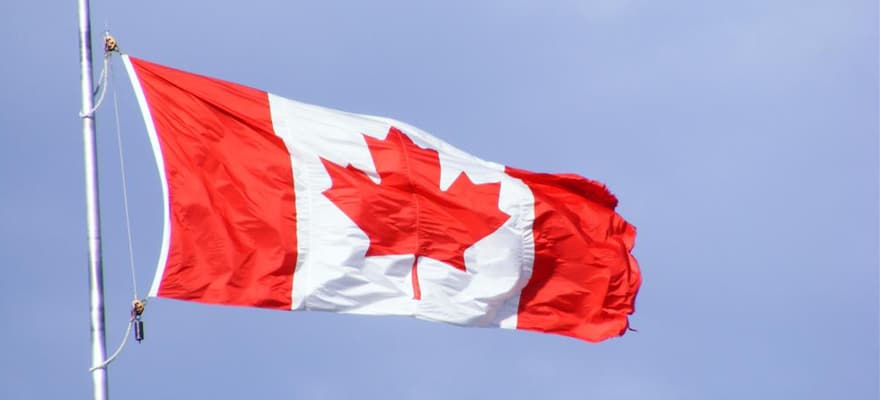Canada’s tax authority has asked a federal judge in the country to order cryptocurrency exchange, Coinsquare to “hand over information and certain documents about all its clients” starting from the year 2013.
Specifically, the National Post reported on Friday that “the Canada Revenue Agency (CRA) wants to know the identity of every client of a major Canadian cryptocurrency Trading Platform as part of its effort to fight tax fraud and the underground economy.”
A dedicated crypto unit was originally formed by the CRA in the year 2018 for the specific purpose of conducting crypto-related audits.
”The CRA Presumes the Opportunity for Non-compliance to Be High.”
The original filing that the CRA made in September stated that the requested information is necessary to ensure that customers of Coinsquare are complying with Canadian tax laws.
Charles Drouin, a spokesperson for Canada Revenue Agency, stated that “given the pseudo-anonymous nature of Cryptocurrencies , the scope of non-compliance with Canadian tax obligations is difficult to measure.”
“However, the CRA presumes the opportunity for non-compliance to be high.”
Indeed, the CRA told Journal de Montréal last year that the number of instances of crypto-related crime were increasing: of 54 criminal investigations it was conducting at the time, cryptocurrencies were being used to facilitate offshore tax evasion in many of them.
CRA’s Approach toward Coinsquare Echoes IRS’s Coinbase Case
The CRA’s approach toward Coinsquare seems to echo the approach that the United States took toward cryptocurrency exchange Coinbase several years ago.
Finance Magnates previously reported that in March of 2017, the Internal Revenue Service filed a case against Coinbase over unreported capital gains between the years 2013 and 2015.
Following an eight-month court battle, the tax agency finally won. Coinbase was forced to submit the personal data of every customer with holdings of over 20,000 USD and above – specifically, taxpayer ID number, name, birth date, address, account statements and invoices. The IRS later sent letters to some of the affected individuals asking them to file returns for gains they were suspected to have earned.
However, it is unclear whether Coinsquare will go the way of Coinbase. Coinsquare CEO, Stacy Hoisak told Canada’s National Post that her company was reviewing the CRA’s request, and had not yet made a decision about whether to fight it in court or not.
But this would not be the first time that Coinsquare has had dealings with Canadian law enforcement. Founded in 2014, the Toronto-based cryptocurrency exchange had approximately 235,000 client accounts as of December 14th, 2019, according to data from the Ontario Securities Commission (OSC).
The OSC had previously accused the exchange of market manipulation, citing an alleged 840,000 wash trades worth approximately 590,000 bitcoins. According to the July report by the OSC, the trades represented about 90% of the exchange’s reported trading volume. The OSC eventually imposed a fine of $2.2 million.


















